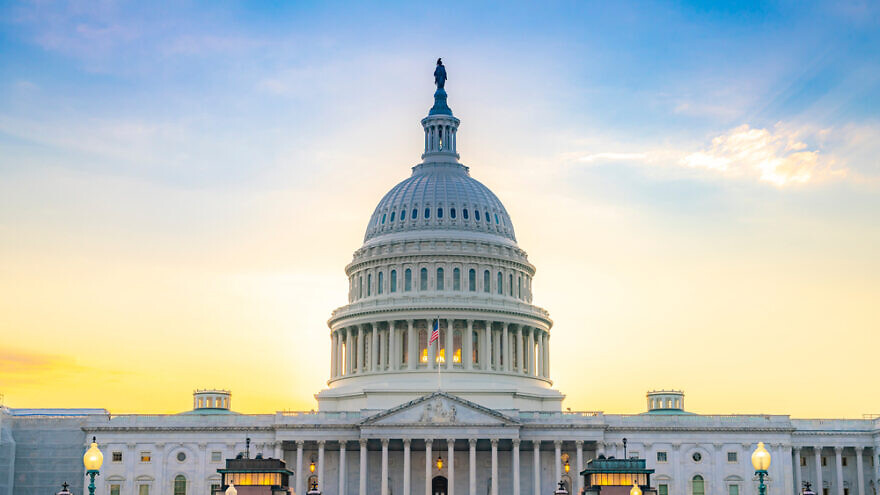“We are partnering together with our resources, and especially with Israel’s technology and advancements, to help underdeveloped countries,” Rep. Lois Frankel (D-Fla.) told JNS.
Reps. Lois Frankel (D-Fla.) and Joe Wilson (R-S.C.) introduced legislation on June 7 to extend and increase U.S.-Israeli international development cooperation.
H.R.3907, the United States-Israel International Development Cooperation Act of 2023, reauthorizes and expands a program that has enabled the United States and Israel—through the U.S. Agency for International Development (USAID) and Israeli Agency for International Development and Cooperation (MASHAV), respectively—to engage in sustainability projects in developing countries.
In 2019, USAID and MASHAV signed a Memorandum of Understanding (MoU) on global development cooperation. This bill fulfills that MoU and enables the two nations to continue that work, but the program must be reauthorized.
The new bill seeks to expand the program so that additional countries, specifically those tied to the Abraham Accords, can join the projects.
The bill also seeks to strengthen Israel’s relationship with the existing Abraham Accords signers, Frankle told JNS.
It’s a very common-sense principle. The more people work together and get to know each other, the better the opportunity to like each other and to help each other, especially economically,” she said. “This kind of legislation, and these efforts, not only help developing countries with some issues, but it fosters goodwill.”
Through the program, Israel can highlight its export of life-saving technologies—in health care, agriculture and energy and water storage—as the Jewish state faces a barrage of criticism, Frankel told JNS.
The partnership has already brought smart agriculture and greenhouse technology to Albania and expanded technical knowledge of drip irrigation in Guatemalan coffee production, according to Frankel.
She told JNS that the bill also helps recognize 75 years of the U.S.-Israel relationship.
“We are partnering together with our resources, and especially with Israel’s technology and advancements, to help underdeveloped countries, in areas such as agriculture and energy and water storage,” she said.
“The United States and Israel have unique capabilities to confront shared threats and opportunities. As our two countries celebrate 75 years of an unbreakable relationship, this bill promotes strengthened cross-sector collaboration that will truly unleash the full potential of our two countries,” Wilson said.
“Countries around the world will benefit from the result of development cooperation,” he added.
Frankel told JNS that she and Wilson are working on securing $2 million for the program this year and hope to double that amount in 2024.
The American Jewish Committee, AIPAC, Hadassah, the Anti-Defamation League and Jewish Federations of North America have endorsed the bill.
